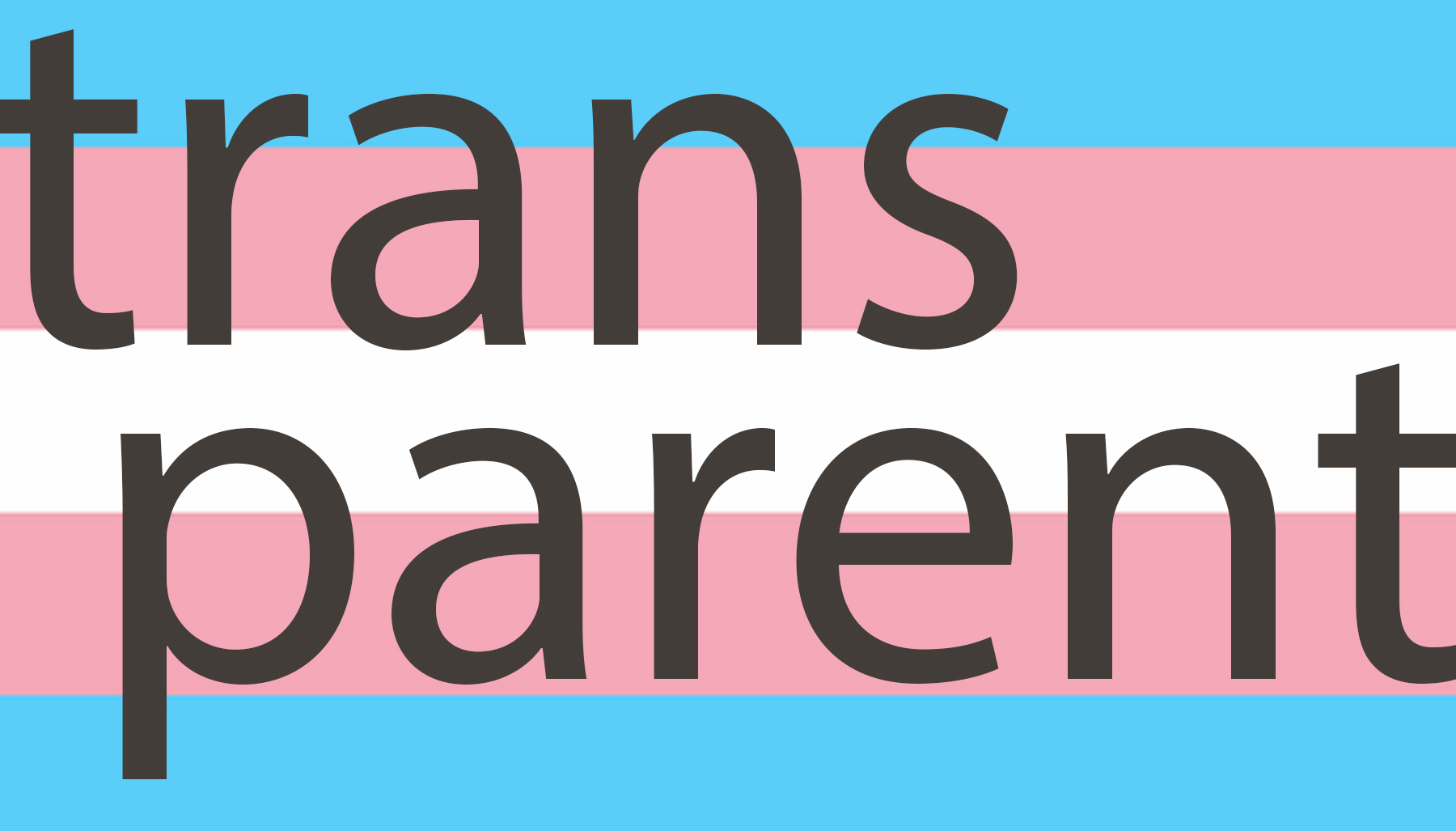
Dear Doctors: Stop harassing trans folks
By: Samuel Smith, Columnist
Did you know, according to the National LGBTQ Task Force, 28 percent of transgender people are harassed in medical settings? That always seemed absurd to me. I’ve hardly received poor care from doctors or nurses, most of the time I dealt with staff being rude or not understanding, and that I could brush off. After all, staff such as secretaries usually aren’t the ones with my well-being in their hands.
Except for a few weeks ago.
A few weeks ago, during a meeting, I got a call from my endocrinologist. Except it wasn’t my endocrinologist. It was one of his colleagues, who was unfamiliar with my case. Normally, what you do if you’re unfamiliar with a case is you at least go over why the original doctor is treating them.
Not this time.
First, it was my name. He refused to call me Samuel or he, insisting on referring to me as she and my legal name, or deadname as I not-so-affectionately call it. Then, when he looked at my laboratory results, he made comments about my results, including saying my testosterone is high. I don’t remember what exactly he said, but it was along the lines of “Your testosterone is really high!” with the implication he was reading it for a woman’s testosterone levels. He then asked me why I was seeing my endocrinologist. Or rather, what disease I was being seen for. The only problem was I wasn’t being seen for a disease.
“I’m transgender.”
“Ohhhhh that explains the high testosterone…” he trailed off.
I did report this doctor, and I did receive follow up and acknowledgment. However, this shouldn’t have happened in the first place. I should’ve been respected as a patient and as a person. That starts with respecting my pronouns, understanding the basics of my case and treating me like a person, not like I’m just whatever “disorder” or “disease” I’m seeing him for (side note: being trans is not a disorder, nor a disease).
If you’re studying to be a doctor, please, I’m begging you, don’t do this. Your patients know themselves best. It may be good to take a class or two on how to work with LGBTQ+ patients. Our lives are so medicalized, so scrutinized by the medical community as is, that we really don’t need our lives made harder by doctors who’ve never even thought about how to respect a transgender person’s identity, nor their existence.
If you’re trans, or even if you’re cis, and you experience harassment in the medical field, do a little research. Your clinic or hospital should have a way for you to file complaints, and then do so and, most importantly, in your complaint, ask for follow-up. This will usually ensure they don’t just toss your complaint and they actually speak to you and try to do something.

